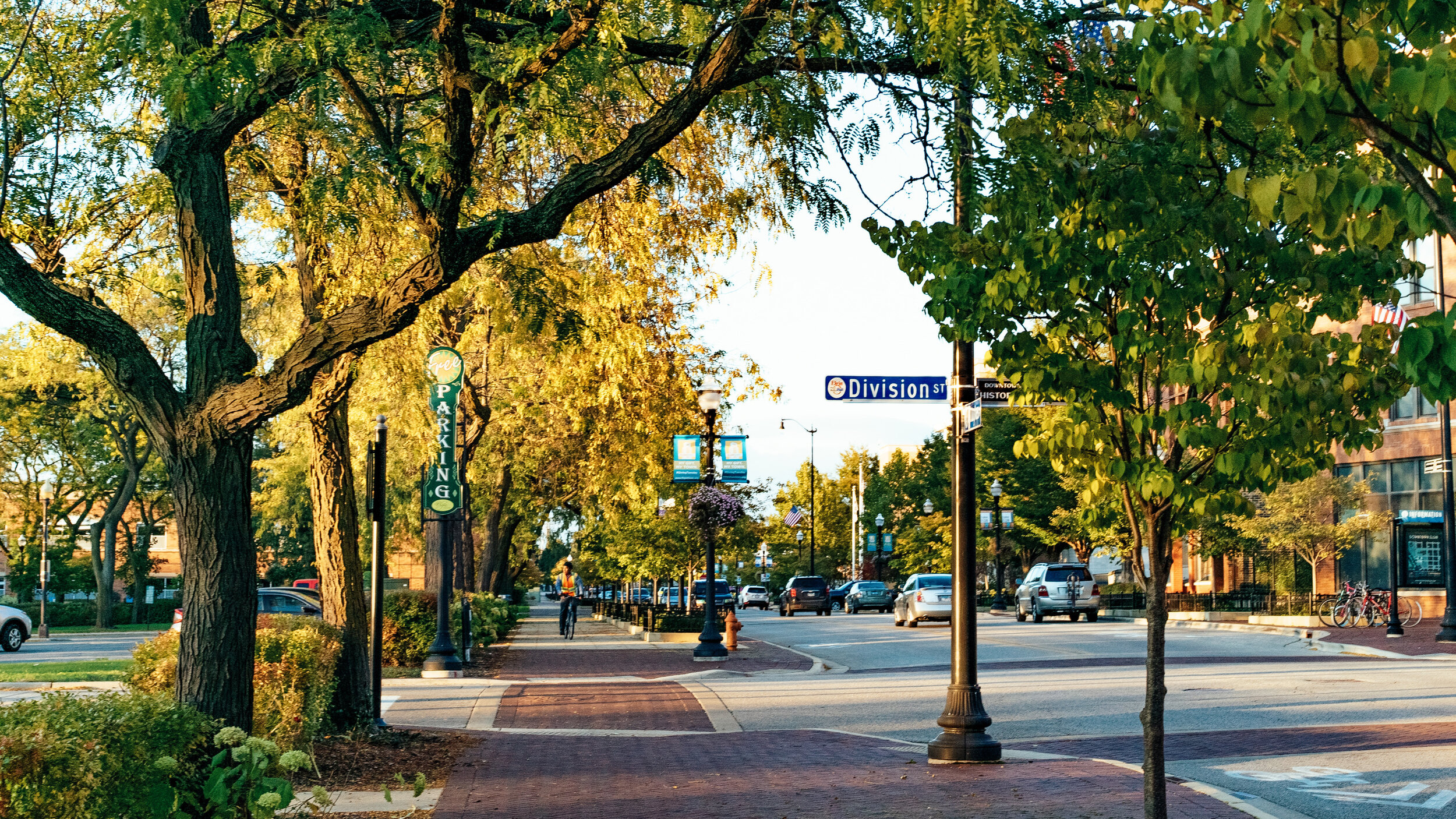
TABLE OF CONTENTS
The Assessment Set-up
Results
Strategic Plan
(4 Focus Points)
The Assessment Setup

One Collective Elgin has committed to learn as much as possible about the community. Our vision is to see all people in Elgin be able to have their voices heard, have access to the resources they need, and be able to make a contribution to the community. In order to do this, we wanted to start by listening well to community members. Below is a report of our findings.
From Summer 2019-Summer 2020, 511 conversations with unique individuals were logged, coded, and studied. Below is a simple report of what was discovered in this research about the needs in our community.
Setup:
Every participant was asked two questions:
“Make a list of your top 3-5 biggest problems in your community or in the city of Elgin. Which would you fix first?”
“What resources or skills do you have that you would be willing to contribute to solving any of the problems in our city?”
Then they were asked if they were willing to share their demographic information.
Limitations:
Our study was conducted by volunteers -- not trained scientists.
The people studied were not random, rather, they were selected by a snowball method. This means interviewers asked people they knew to participate, and then asked participants to recommend the next interviewee.
It is not a randomized sampling, therefore, it cannot be generalized to all of Elgin, and if the study was conducted again, it could not be guaranteed that the same answers would be found.
Our study was coded by two graduate students in Nashville, TN. Due to time limitations, they split the work up rather than both of them reading all of the lines of coding and cross-checking.Then they were asked if they were willing to share their demographic information.
Coding:
“Parent codes” were created, each with a set of “child codes.” In the first question codes, the “Validate” parent code was built based on needs assessments that have been completed in Elgin in the past 15 years. Themes in the validate category have been studied by other organizations and are already being addressed. The parent category titled “elevate” represents new data that previous studies have not identified.
Because the questions are open ended, people’s answers are sometimes counted in multiple code categories if they listed multiple problems or multiple resources/skills. What is counted is the number of responses that fit that code.
Results

QUESTION 1
“Make a list of your top 3-5 biggest problems in your community or in the city of Elgin. Which would you fix first?”
Validate
| Child Code* | Number of Responses |
|---|---|
| Housing and houselessness | 241 |
| Education system | 90 |
| Economy | 67 |
| Violence and crime | 66 |
| Poverty and economic inequality | 57 |
| Transportation | 51 |
The “Validate” category, which was based on previous needs assessments, showcases the overwhelming number of people who confirmed that there is a housing crisis in Elgin. Almost half of all people who were asked an open-ended question about the needs in Elgin identified housing as a primary issue. This clearly illustrates that this issue is on the minds and hearts of Elginites, and needs to be addressed in a collaborative, comprehensive way.
Elevate
| Child Code* | Number of Responses |
|---|---|
| Unity and Equity | 142 |
| Youth engagement | 58 |
| Prejudice | 45 |
| Curb appeal | 35 |
| Faith | 27 |
| Advocacy for Latinx Community | 25 |
| Bi-lingual resources | 19 |
| Childcare | 18 |
The number one thing that One Collective Elgin identified as an issue that no one else is talking about in their needs assessments is the lack of unity.
When people picked what they would solve first, the lack of unity in the community was mentioned most frequently. In fact, lack of unity was mentioned as the main issue more than twice as often as the next most frequent response.
Participants described lack of unity in a number of different ways including — churches isolating themselves, racism or fear of people who are different, beliefs about gender and sexual orientation, lack of emphasis on celebrating existing diversity, and lack of opportunities to come together.
*Results for Question 1 (n=511)
The issues in our community are beginning to emerge. People are being trafficked in our community. There are tremendous issues in our community with housing. There are too few youth-dedicated spaces, strong mentoring programs, or opportunities for young people to grow. And participants state that the result is a lot of disenfranchised youth, a high dropout rate, and a lack of hope.
Question 2
“What resources or skills do you have that you would be willing to contribute to solving any of the problems in our city?”
Personal
| Child Code* | Number of Responses |
|---|---|
| Volunteering | 261 |
| Networks | 87 |
| Language/Bi-lingual | 28 |
Professional
| Child Code* | Number of Responses |
|---|---|
| Skilled Labor/Services | 111 |
| Job training or jobs | 17 |
Donations
| Child Code* | Number of Responses |
|---|---|
| Donation | 33 |
*Results for Question 2 (n=511)
This second question leads to a mind-blowing realization: over 50% of participants are willing to volunteer in some capacity. Over 20% of people stated that they had specialized skills that they could use to help in the community. There is a wild amount of untapped human capital in our city. Unfortunately, most of the time, we ask people to contribute to a drive or a fundraiser. Can you imagine what would happen if all of the volunteer potential in Elgin was unleashed?
There are a lot of people in this community that want to help. In order to maximize potential, it is critical that people and resources are aligned. We have to develop shared goals, we have to empower people, and we have to solve our problems together.
There are a few things that we noticed during the study that are not represented in these charts.
The first is that there is tremendous strength in our local churches. We have over 100 churches in Elgin. It would be incredible to see them come together to solve problems. There is a strong nonprofit network in the EHSC. More organizations are willing to collaborate to accomplish more together.
And the second is that the Latinx population is currently underrepresented in leadership. The 2020 census tells us that the Latinx population represents greater than 45% of the population in Elgin, but there are few leaders in government, school, business, or executive level leadership. The Latinx population is full of potential to develop leadership and resources. It would transform the community if Latinos were invited and empowered to make an impact.
We need to
Solve the housing crisis
Engage our youth
Build unity and equity by bringing people together to
Create coalitions
Align resources
Empower local leadership
For more information on how we plan to solve these issues, click below to see the strategic plan






